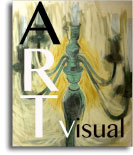About PT
"In order to deploy what's understood about perceptual structure and the way we are embedded in the world we need to develop Perceptual Technologies" John Jupe
Perceptual Technologies (PT): The development of base technologies incorporating aspects of perceptual awareness.
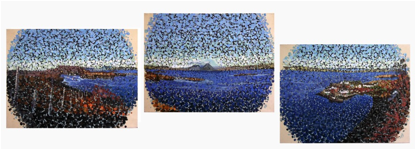
We are looking for collaboration with visual computing specialists, photographers, filmmakers, animators, and game developers.
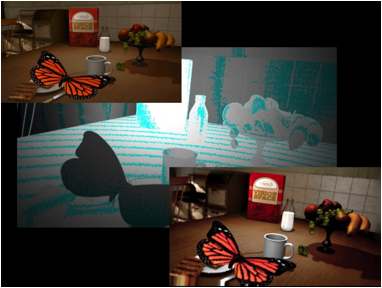
The activities of PT will take research outcomes from ERA to generate baseline technologies presenting open source code for development in commercial applications.
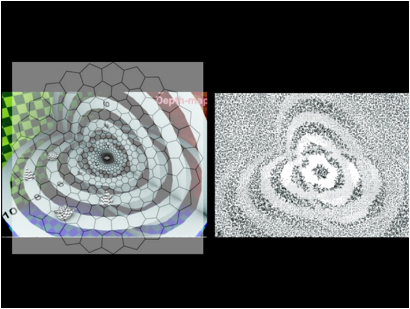
PT has successfully completed the first generation Vision-Space application in the form of post-process software automating the transformation of traditional 2D photographic footage into Vision-Space media. The Postprocessing Tool (PPT) is available on standard Open Source licensing terms.
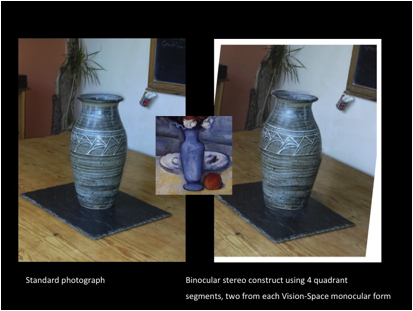
In just the same way that 2D pictures are not available to ‘fuse’ in the visual system, Vision-Space media incorporates binocular stereo information into the structure of the presentation. The visual cues we experience in central and peripheral vision generate detailed explicit impressions of objective form within an implicit field of spatial awareness that together successfully generate first person viewing conditions. These unique structures constitute ExpD, they are not on the 1,2,3D curve and do not require the viewer to wear specialist fusion goggles or for specialist screen technologies.
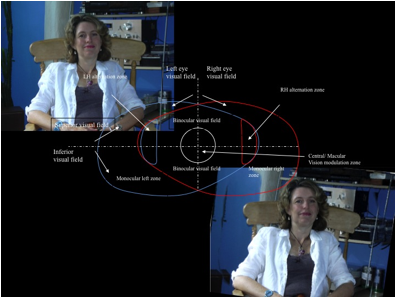
Vision-Space also holds out the potential to provide immersive capabilities to visual media displays without the associated health risks that are known to apply to ‘fusion’ 3D technologies. These technologies ‘force’ the brain to fuse two pictures a process entirely alien to visual process and the phenomenon of vision.
The blame (for inaccuracy when using existing systems), it seems, is probably on the misunderstanding most of us share: … - the fact that the picture we see is a video image, that has many limitations and may lead us to perform the wrong action based on false perceptual information. Visualization Systems in Endoscopic Surgery - Seeing is Believing.
Research aims:
1) to apply the academic programming architecture in base technology
2) to test and evaluate the performance of the technologies
3) to seed base perceptual technology across multiple industries and industry sectors
Research into visual awareness is reliant on the further development of our intuitive exploration of phenomenal field. Visual artist have strategies for pursuing this agenda that require support, recognition and classification.
Library
Ecology of vision
Abstract | Full
Living without pictorial geometry
Abstract | Full
Muller cells & mechanobiology
Abstract | Full
Perceptual condendation in contextual field
Abstract | Full
The Experiential Ontology
Abstract | Full
Retinal processing: A theoretical proposition for retinal detection of a field potential unfolding from the light array to form the basis of spatial and orientation awareness within the phenomenon of vision
Abstract | Full
Having the Courage of Your Perceptions
Abstract | Full
Replicating our understanding of vision in images
Abstract | Full
PT Use of Vision-Space ERA
SIGGRAPH
Joe Baldwin's evaluation work
Theoretical overview
What does perceptual structure indicate with respect to cultural development, the maintenance of social orders and communication between world-views?
Abstract | Full
